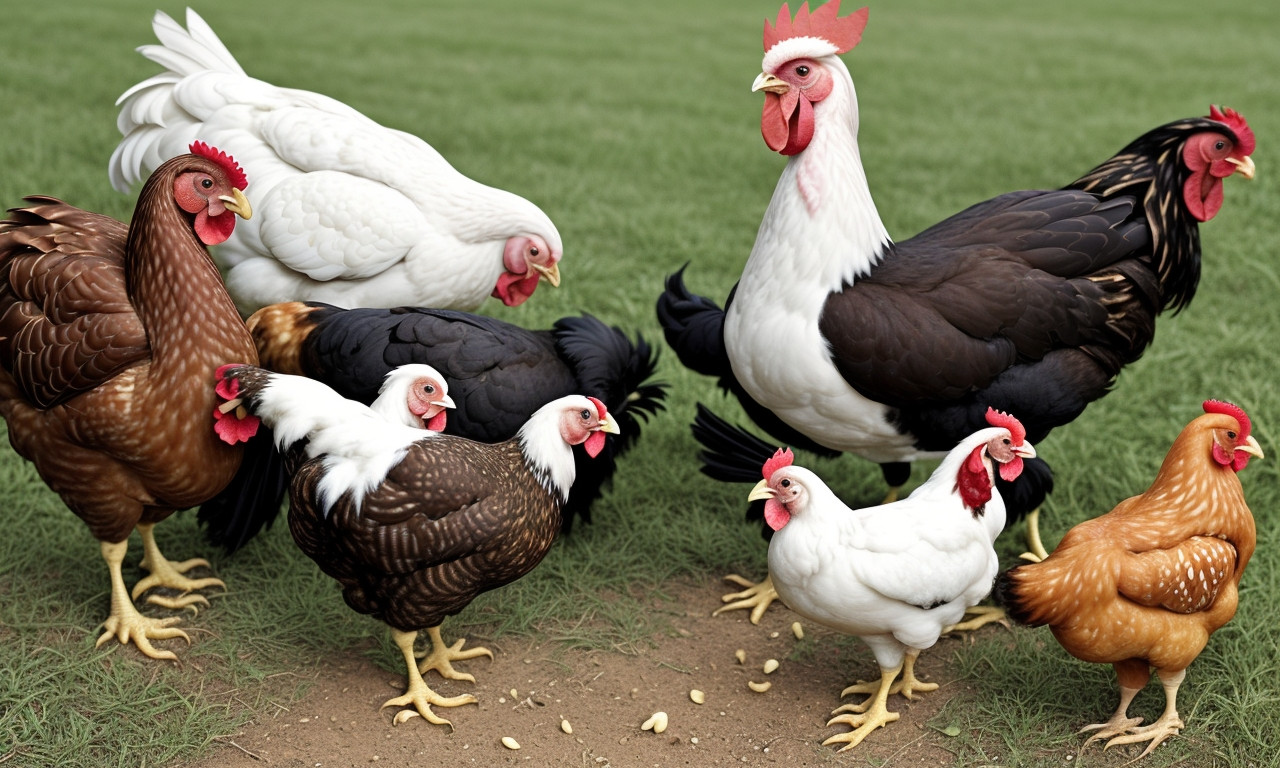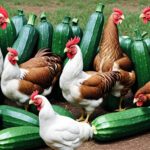When it comes to unexpected poultry treats, can chickens eat raisins remains a hot topic among backyard chicken enthusiasts. As we delve into the world of chicken diets and treat diversification, the combination of chickens and raisins raises eyebrows and queries alike. Is this dried fruit a surprising snack to delight your feathery friends or a potential fowl mistake waiting to happen? In this comprehensive write-up, we will unravel the truths, myths, and guidelines to consider when incorporating raisins into your chickens’ diet.
Raisins, with their natural sweetness and chewy texture, seem like a delightful treat any pet would enjoy. But the health and wellbeing of chickens are not quite as straightforward. Understanding the implications of a raisin-rich diet for your poultry is more than just a matter of flavor—it is a concern of nutrition, health, and husbandry.
Raisins and Chickens: Navigating the Nutritional Landscape
Before you decide to throw a handful of raisins into your buffalo chicken dip recipe coop, it’s crucial to understand what these dried grapes bring to the perching table nutritionally. Raisins are often praised for their high levels of antioxidants and natural sugars, which may offer an energetic bonus to your birds. However, the question lingers: Are raisins safe for chickens to consume?
Pros of Feeding Raisins to Chickens
- Source of Energy: Raisins are packed with sugars that can give chickens a quick energy boost.
- Antioxidants Galore: They contain antioxidants, which may help combat oxidative stress in birds.
- Taste that Tantalizes: Many chickens enjoy the sweet taste, making raisins a tempting treat.
Nevertheless, this snack is not without its caveats.
Cons of Offering Raisins to Your Feathered Flock
- High in Sugar: Excessive sugar intake can lead to weight gain and related health issues.
- Possibility of Digestive Upset: Some chickens might experience digestive issues, such as diarrhea, when fed too many raisins.
- Potential for Toxicity: Grapes (and by extension, raisins) have been known to cause toxicity in some animals, although the evidence in chickens is not definitive.
As we examine these pros and cons, the role of moderation and balance in a chicken’s diet becomes paramount.
The Safe Inclusion of Raisins in a Chicken’s Diet
Understdutch oven mac and cheeseing the importance of balance, let’s discuss the safest way to introduce raisins to your chickens if you choose to do so.
Incorporating Raisins Moderately
As with any treat, raisins should never comprise the mainstay of your chicken’s diet. Here’s a guideline on how to offer raisins:
- Limit the Quantity: Offer raisins in small amounts, and only occasionally.
- Monitor Your Flock: Keep an eye on your chickens for any signs of digestive distress after ingesting raisins.
- Distribute Evenly: Ensure that all chickens get an equal share to prevent overconsumption by one bird.
A conservative approach will help mitigate potential risks while allowing your easter egger chicken colorss to enjoy this sweet treat.
Feeding Practices: Do Raisins Fit In?
Let’s explore can chickens eat raisins in the context of their overall feeding practices.
Understanding a Chicken’s Dietary Needs
A chicken’s diet should be well-rounded, offering all the nutrients necessary for health and egg production. The foundation of their diet is usually a high-quality commercial feed that is specifically formulated to provide a balanced intake of proteins, carbohydrates, fats, vitamins, and minerals.
Balancing Treats with Staples
A treat like raisins should represent no more than 10% of your chicken’s overall diet, with the remaining 90% being their regular feed. This ensures they receive all the essential nutrients without an overindulgence in sugar or other non-essential components.
The Role of Foraging
Chickens naturally forage for a variety of foods, which can include insects, seeds, and small amounts of fruits and greens. In this context, raisins can be seen as a complementary treat that fits within their instinctual search for diverse food sources.
Potential Health Risks and How to Mitigate Them
Although raisins may be a sweet treat, there are potential health risks to consider. Understanding these risks and knowing how to mitigate them is essential for responsible chicken care.
The Great Grape Debate: Toxicity in Chickens
While reports of grape and raisin toxicity are prevalent in dogs, the effect on chickens is not thoroughly researched. However, it’s best to err on the side of caution.
Mitigating the Risk of Toxicity
- Start with a Small Amount: Introduce raisins gradually, in minor quantities, to monitor your chickens’ reactions.
- Refrain from Frequent Feeding: Avoid making raisins a regular part of their diet to prevent the build-up of any potential toxins.
- Observe and React: If you notice any abnormal behavior or symptoms in your chickens after eating raisins, discontinue offering them and consult a veterinarian.
Creative Ways to Offer Raisins to Chickens
If you opt to provide your chickens with raisins, doing so in a fun and engaging way can be beneficial for their mental stimulation. Here are some inventive ideas:
- DIY Chicken Treat Balls: Mix raisins with other safe treats and bind them with a little oatmeal or cooked rice to create treat balls your chickens can peck at.
- Scatter Feeding: To mimic foraging, scatter a few raisins around the coop or run for your chickens to find.
- Frozen Treats: During hot weather, freeze raisins in ice blocks to offer a cooling and entertaining treat.
Alternatives to Raisins for Chicken Treats
In the event that you’re concerned about the implications of feeding raisins to your chickens, there are numerous other treat options that may be safer and equally enjoyable for your flock. Here are a few:
- Chopped fruits: Apples, bananas, and berries can be a healthier option with a lower sugar concentration than raisins.
- Vegetables: Leafy greens, carrots, and cucumbers are great snack choices.
- Cooked Grains: Rice or pasta, offered in moderation, can be an exciting treat for chickens.
Final Thoughts: Raisins as a Chicken Treat – Rare Delight or Potential Plight?
In conclusion, while chickens can eat raisins, whether they should is a matter of perspective and prudence. Always considering your chickens’ overall health and wellbeing, raisins should be given sparingly and with caution. Sustainability and balance should be the focal points of any dietary choice you make for your feathered companions. As with any food item not part of a chicken’s primary diet, attentiveness to its effects is the key to maintaining a happy, healthy, and thriving flock.
The seemingly simple question, can chickens eat raisins, uncovers the layers of responsible chicken care. Will your flock experience a surprising snack, elevating their daily routine into something special? Or will raisins prove to be a fowl mistake? It’s up to your careful observation and sound judgment to find the sweet spot in their dietary delights. Remember to cherish the clucking and pecking moments, for they represent the joy and curiosity of life within your coop. Craft your chickens’ diet with love, offer treats like raisins with care, and watch your feathered family flourish.






